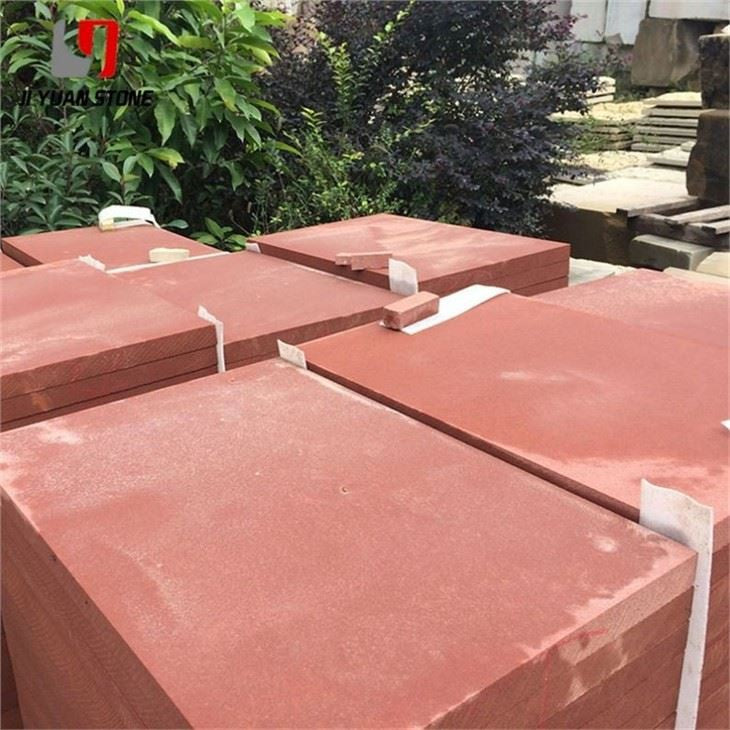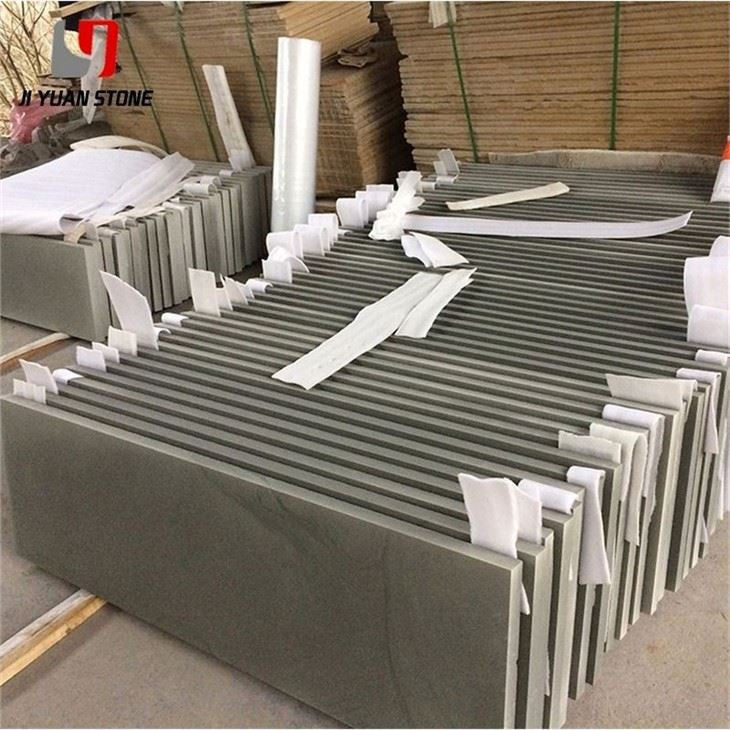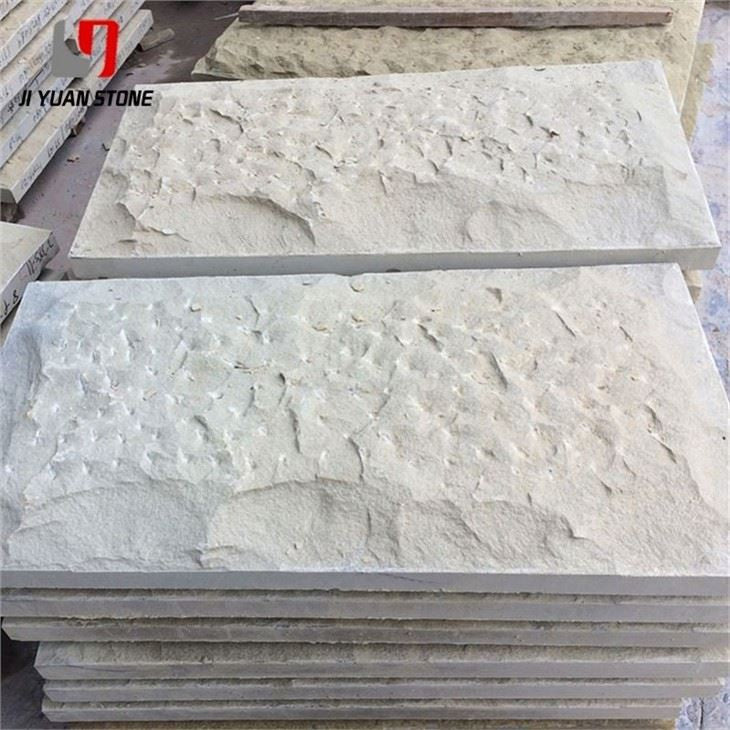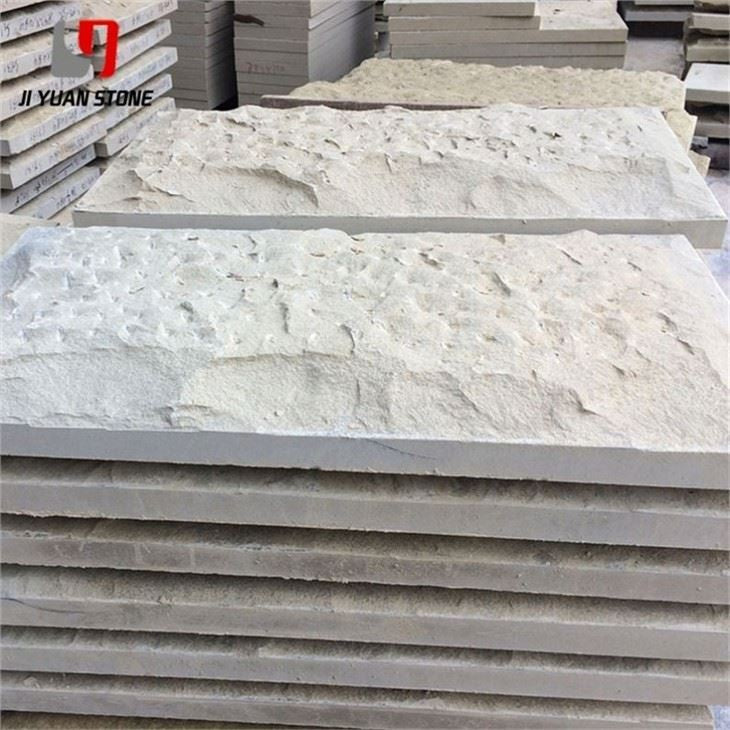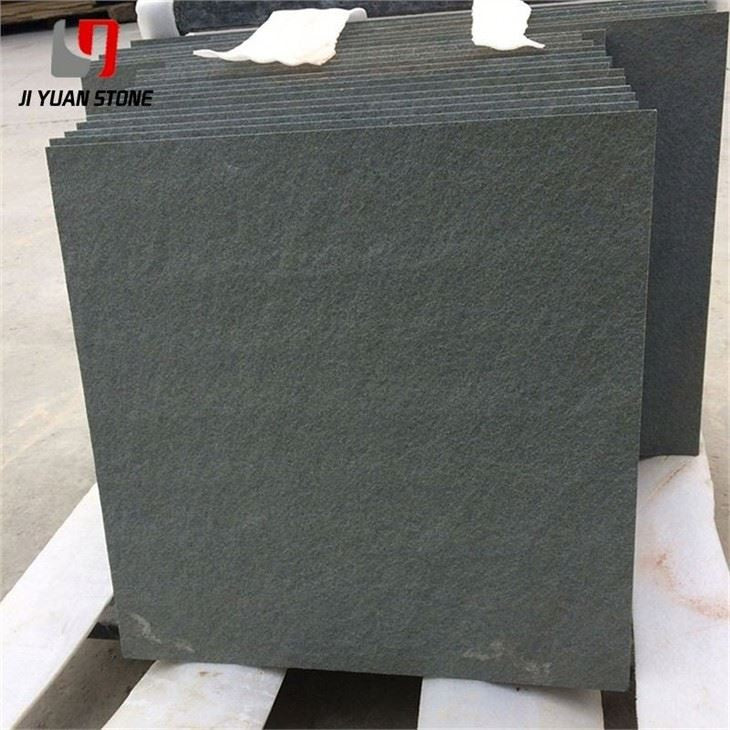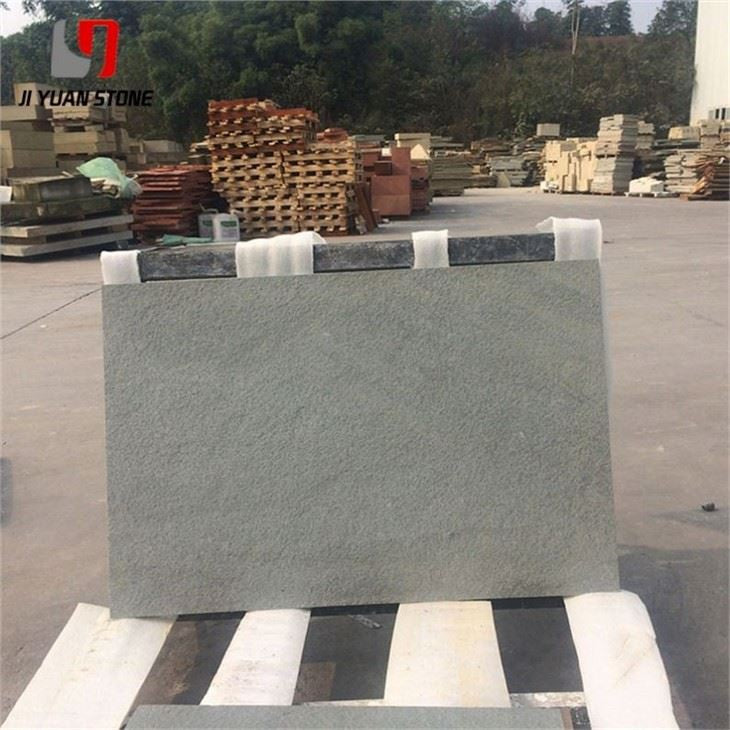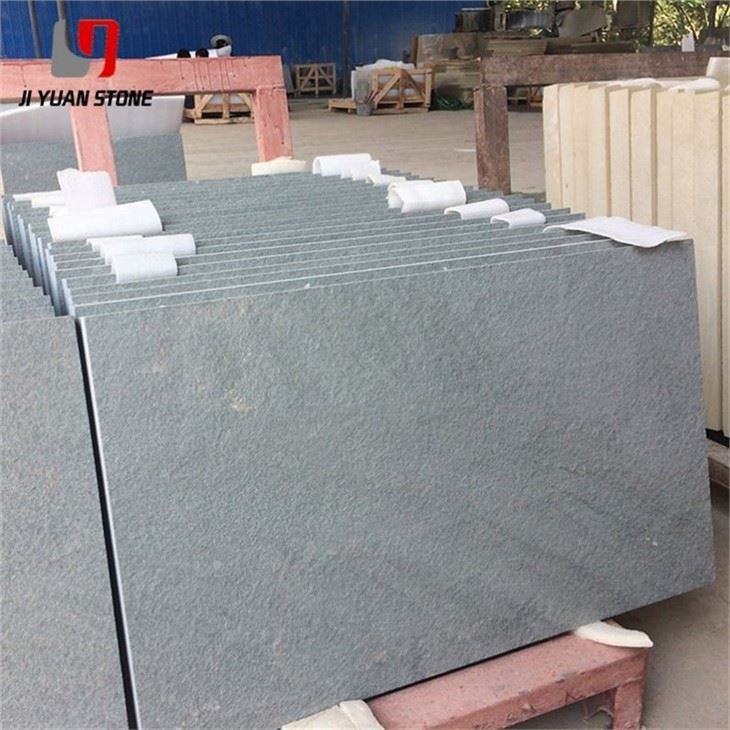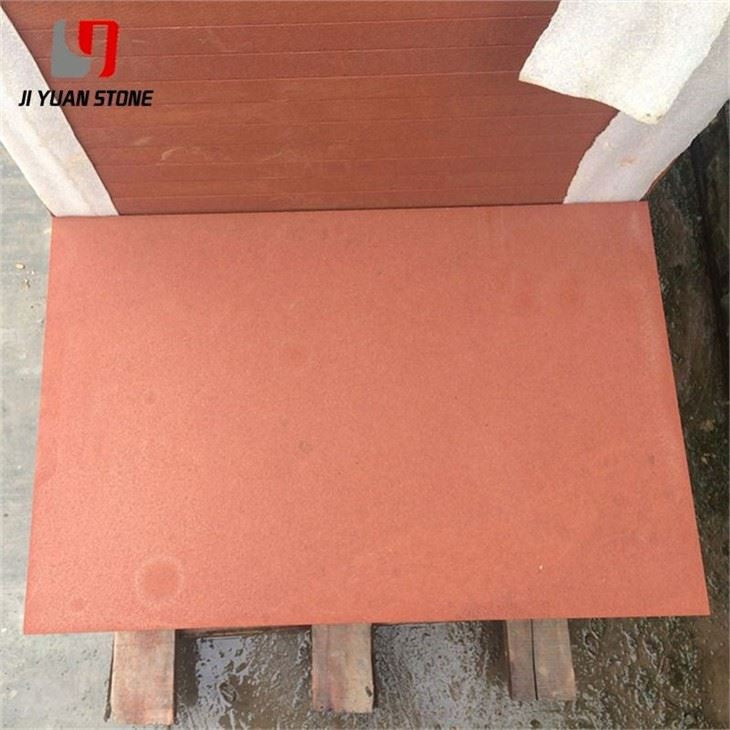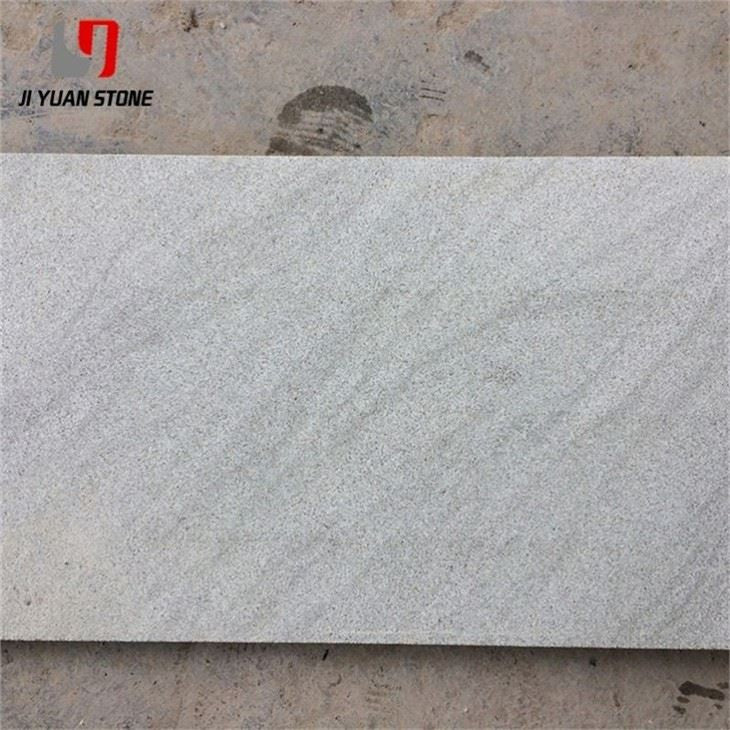Sandstone Patio Slabs 600x600
Sandstone Patio Slabs 600x600
Enhance your outdoor space with our durable Sandstone Patio Slabs. Measuring 600x600, these slabs provide a stable and attractive foundation for your patio. Made from high-quality sandstone, they offer long-lasting beauty and functionality for all your outdoor gatherings. Upgrade your patio today with Sandstone Patio Slabs 600x600.
| Feature | Details |
|---|---|
| Materia | Natural Sandstone |
| Surface Finished | Honed,Flamed,Bush-hammered,Brushed,Nature,Mushroom,Sawn etc |
| Finished Products | Floor tiles, Wall cladding, Countertops, Windowsills, Special-shaped tiles, Small slabs, Swimming pool, steps, wall panel, flooring, veneers, slabs, coping tiles, etc |
| Color | Yellow,black,white,red,purple wood,green,grey,rainbow etc |
| Applications | Slabs, tiles including walling tiles, and flooring tiles, kitchen countertops, vanity tops, work tops, window sills, skirting, steps & riser stairs. |
| Available Sizes |
|
| Available Thickness | 3/8”(10mm), 12mm, 15mm, 3/4”(20mm), 30mm or other thickness as customization. |
Our advantages:
a) Owner of professional factories and quarries.
b) Experienced and have sophisticated craftsmanship.
c) With strict control of every process and quality-inspected.
d) Have big stock, prompt delivery and good fame in stone industry.
Understanding Sandstone Patio Slabs 600x600
Sandstone patio slabs 600x600 are formed through weathering, erosion, and deposition of rock materials over time. These materials accumulate in basins and consist of two main components: clastics and interstitials.
The clastic components include:
- Quartz and feldspar (primary minerals)
- Muscovite and heavy minerals
- Rock debris
The interstitial material consists of:
- Cement – typically siliceous or carbonate-based
- Debris miscellaneous base – finer-grained clay or silt that settles with the rock fragments
The composition and structure of the interstitial material provide insights into the geological conditions under which the sandstone was formed. Based on depositional environments, sandstone is classified into:
- Quartz sandstone
- Feldspar sandstone
- Lithic sandstone
Sandstone layers serve as key reservoirs for oil, natural gas, and groundwater. Additionally, sand and sandstone are widely used in industries such as:
- Abrasives production
- Glass manufacturing
- Construction materials
Certain sandstone deposits are also rich in valuable minerals, including placer gold, zircon, diamond, ilmenite, and rutile.
Five “Nots” in Sandstone Maintenance
Proper maintenance is crucial to preserving the beauty and durability of sandstone patio slabs 600x600. Here are five key precautions:
-
Do Not Rinse Directly with Water
- Sandstone, like natural wood, is a porous material that absorbs water easily. Excessive water exposure can lead to stone diseases, including:
- Cracking
- Weathering
- Shedding
- Yellowing
- Water and rust stains
- Surface fogging
- To avoid these issues, avoid washing sandstone with water or using an overly wet mop.
- Sandstone, like natural wood, is a porous material that absorbs water easily. Excessive water exposure can lead to stone diseases, including:
By following these maintenance guidelines, you can ensure the longevity and aesthetic appeal of your sandstone patio slabs.
Share
